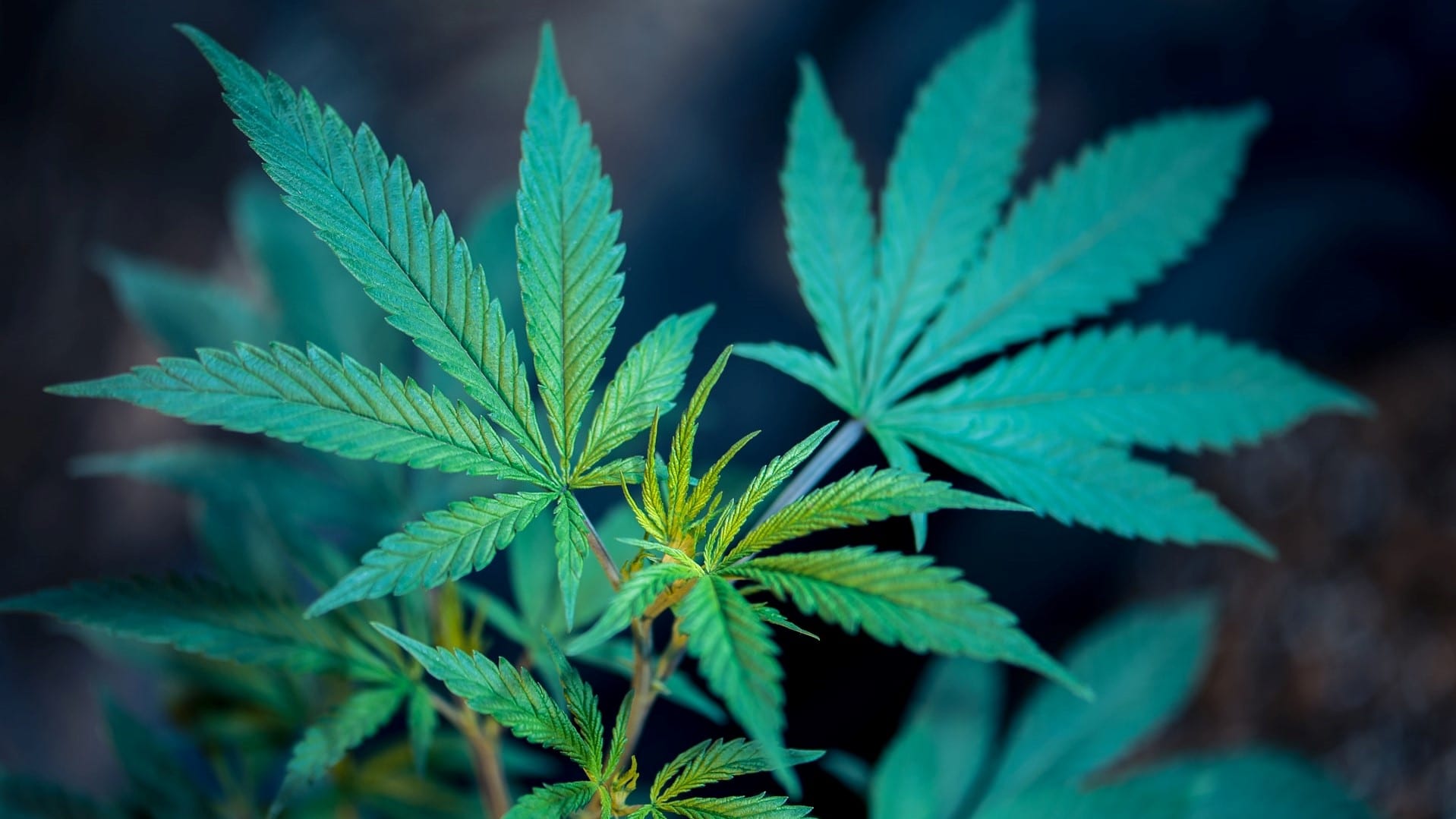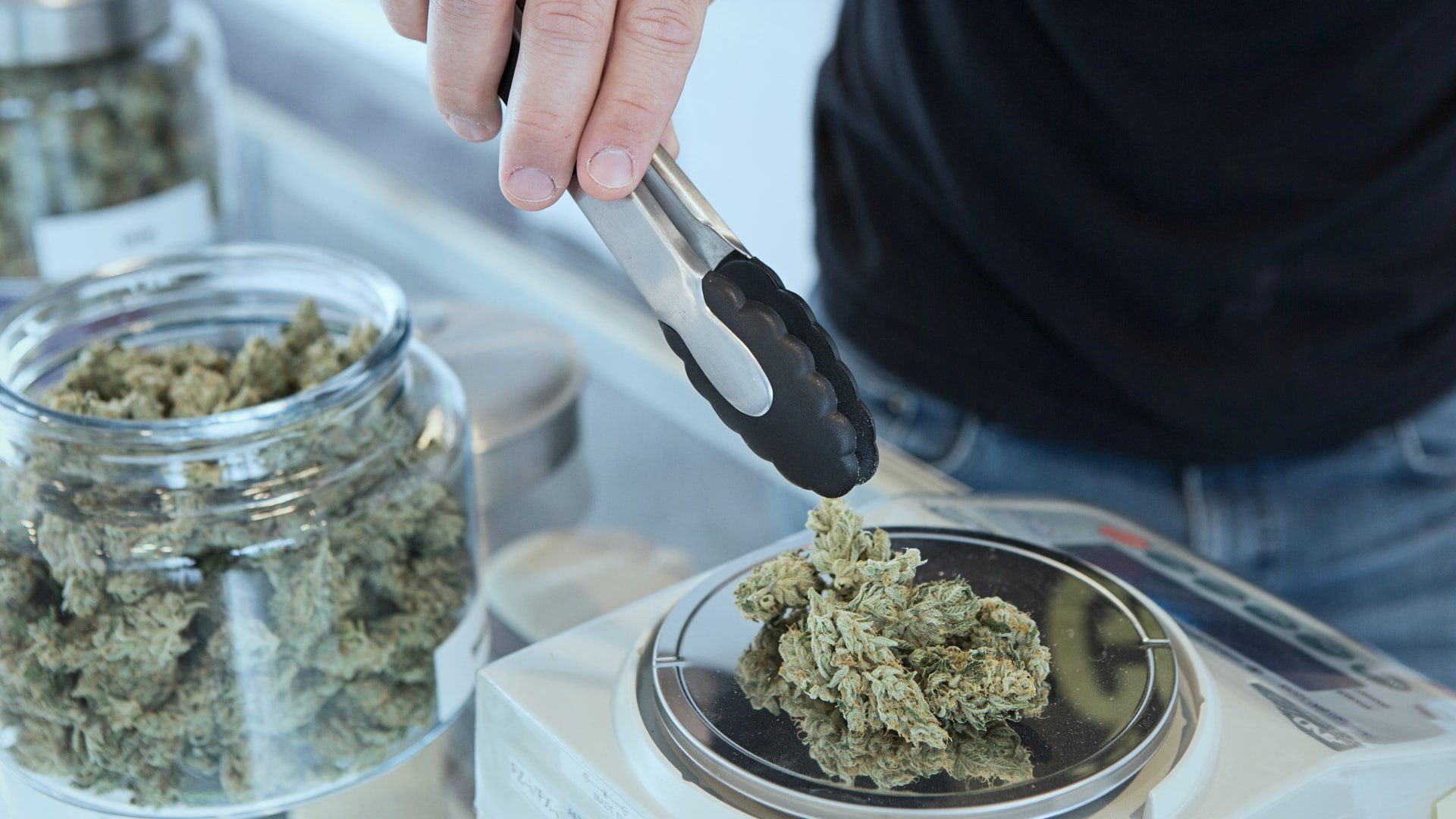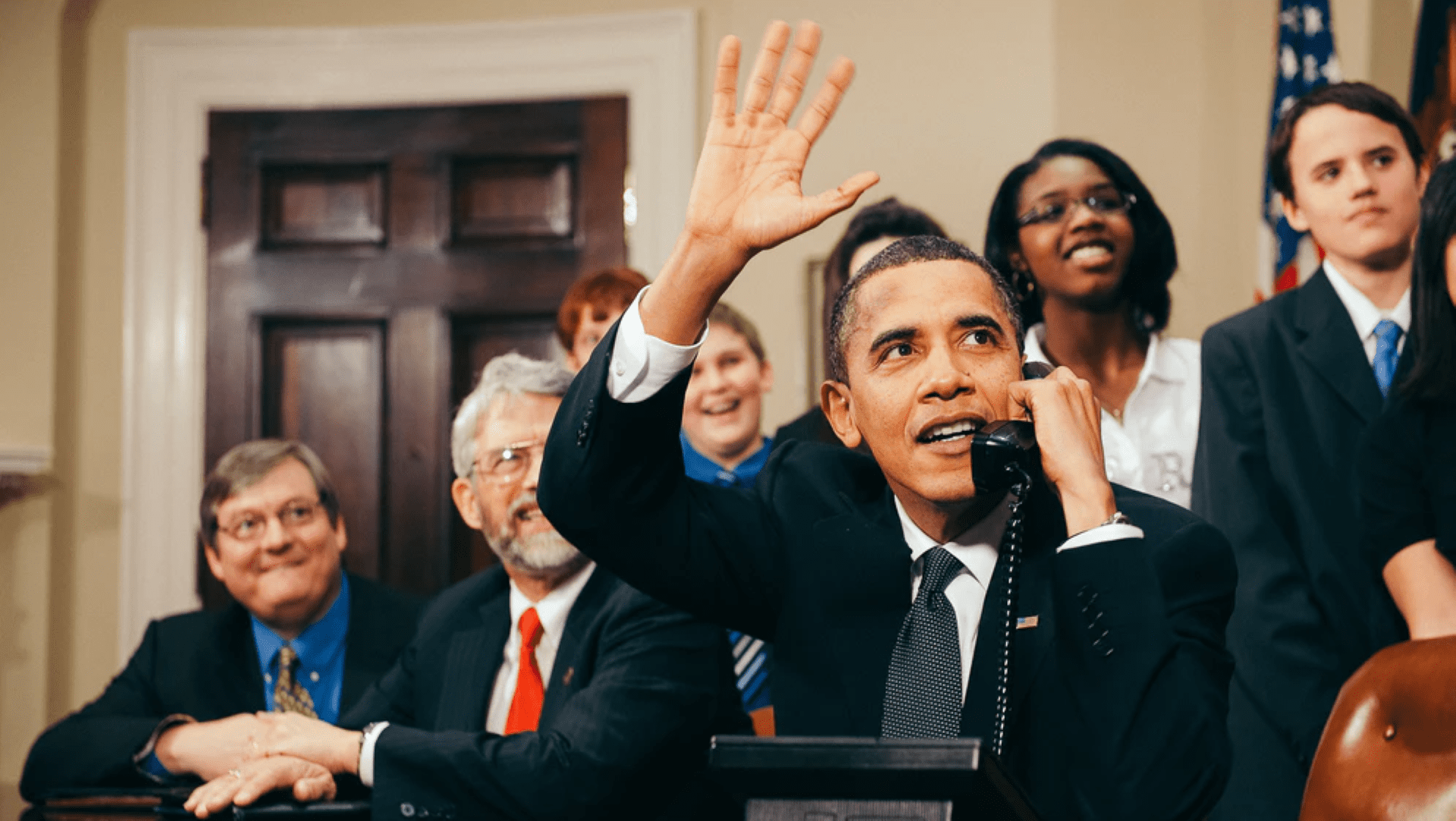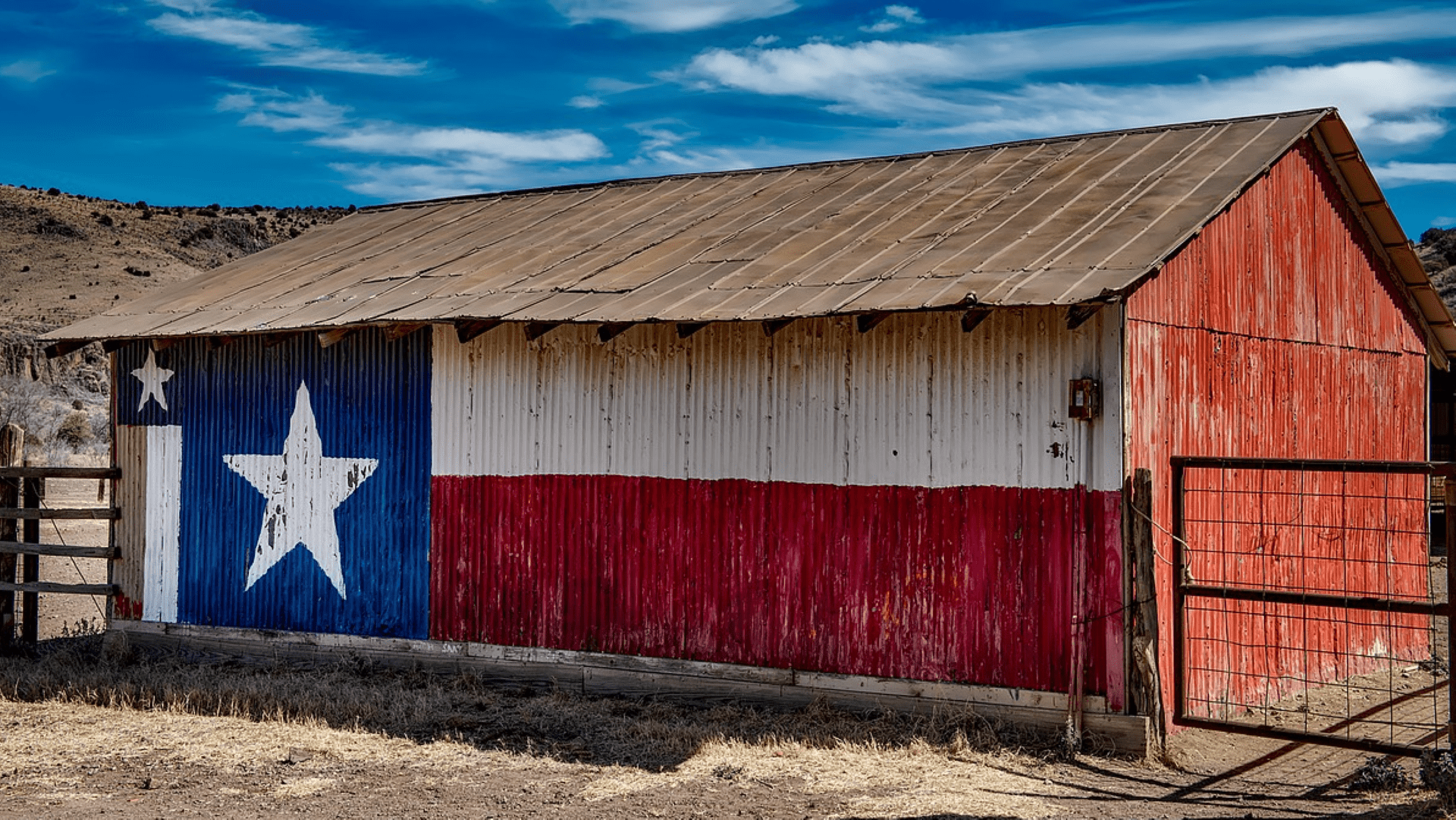On December 4, 2020, the House of Representatives voted for the Marijuana Opportunity, Reinvestment, and Expungement (MORE) Act. This bill would federally decriminalize marijuana and create a pathway to expunge related criminal records, bringing justice to those wronged by the immoral laws criminalizing marijuana.
Victimless crimes
Morally correct laws are those that do not infringe on individual rights but protect them. A right is the moral sanction to act upon one’s judgement without infringing on the rights of others to do the same. Selling, possessing and even using drugs does not, by itself, violate the rights of anyone else. This is why so many refer to drug offenses as “victimless crimes.”
When someone smokes weed with their friends, who does it harm? Absolutely nobody. Drug possession and use are individual choices, and these alone do not harm anyone else. Restricting drug use therefore violates people’s right to use their own judgement as to what substances they should consume. Yet, as of January 2021, 46.3% of inmates in federal prisons were there for drug offenses.
It is worth noting that combining drug use with other activities, such as driving, may pose a significant hazard to others. Marijuana, for example, slows reflexes and may increase the risk of a car accident. But driving laws are typically considered to be state affairs, not federal.
The role of drug prohibition in violent crime
A person worried about the safety of their community might ask “But what about drug-related violence?” It is true, after all, that drug trafficking and violent crime often go hand in hand.
However, the primary reason for this isn’t the nature of drugs — it’s the illegality of drugs. The black market for illegal drugs in the U.S. is estimated to be worth $750 billion per year.4 Much of the black market is dominated by gangs; drug trafficking is their primary source of funding. What would happen to gangs if you removed their main source of income and primary cause for conflict?
Richard Nixon’s “Public Enemy Number One”
All of this may lead one to wonder why marijuana, which has notably few negative side effects, is illegal in the first place. The current federal classification for marijuana was put in place under Former President Richard Nixon, who declared drug abuse “Public Enemy Number One” in 1971. He appointed a committee, the Schafer Commission, to study the classification of marijuana as a controlled substance — their report, published in 1972, questioned whether marijuana should be illegal at all.
Yet against their advice, he increased the seriousness of marijuana offenses and sentences related to them. Why? One former aide accused him of wanting to silence Black people and those opposed to the Vietnam War. Regardless of the validity of this story, what is true is that there is no moral reason to criminalize marijuana use.
Making our justice system more moral
The MORE Act would release nonviolent drug offenders currently imprisoned and create a legal pathway to clear marijuana-related criminal charges from a person’s record. It would free those imprisoned for victimless crimes and, by removing the charges from their records, make it easier for individuals to find jobs. Since marijuana should never have been illegal in the first place, clearing the records of nonviolent offenders is simply a matter of justice.
Individuals who have never harmed or violated the rights of anyone should not be considered criminals. Drug use, possession and sale do not violate anyone’s rights or harm anyone else. While there may be room for legislation to restrict drug use while driving to minimize risk to other drivers, the use of drugs alone should not be illegal. Therefore, the MORE Act is an obvious step towards making our justice system more moral.
To read more about ending the war on drugs, check out our End the Drug War cluster page by clicking on the button below.
This piece solely expresses the opinion of the author and not necessarily the organization as a whole. Students For Liberty is committed to facilitating a broad dialogue for liberty, representing a variety of opinions.









